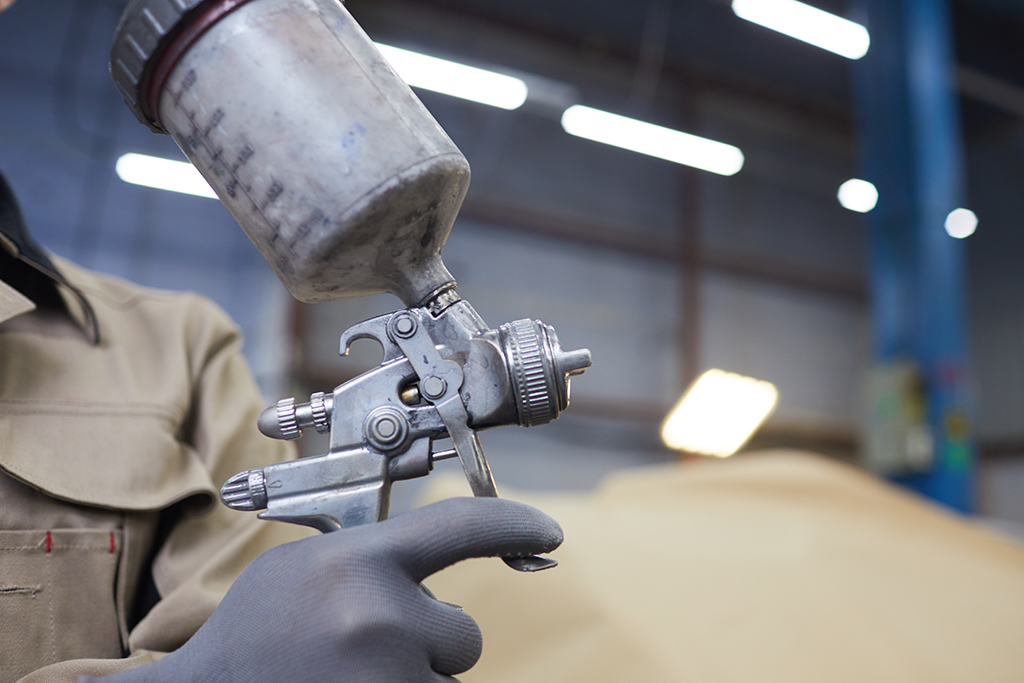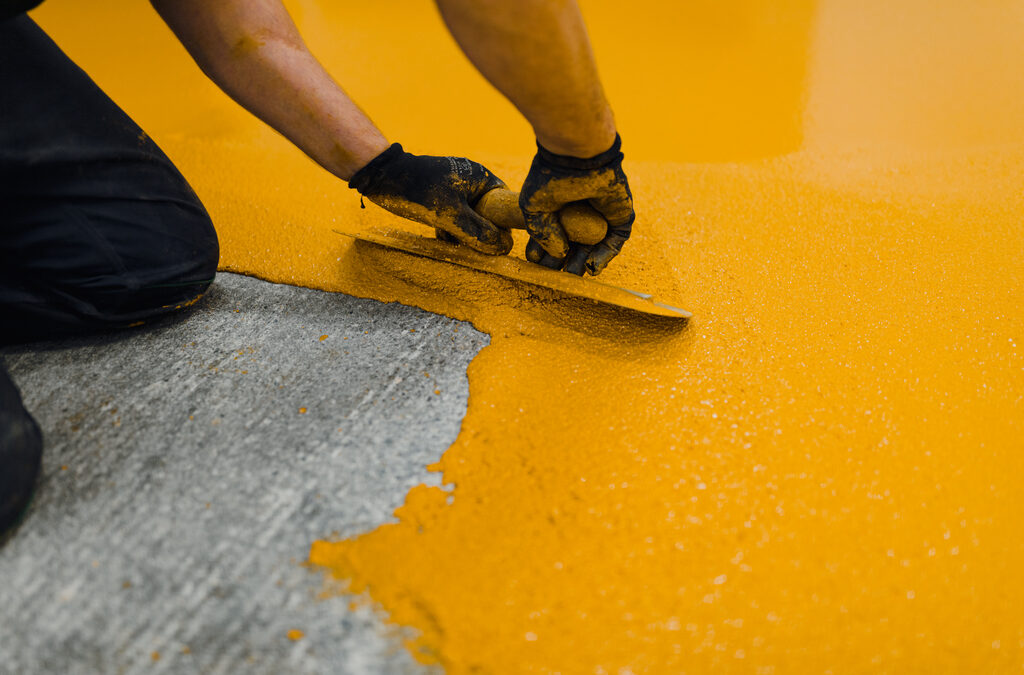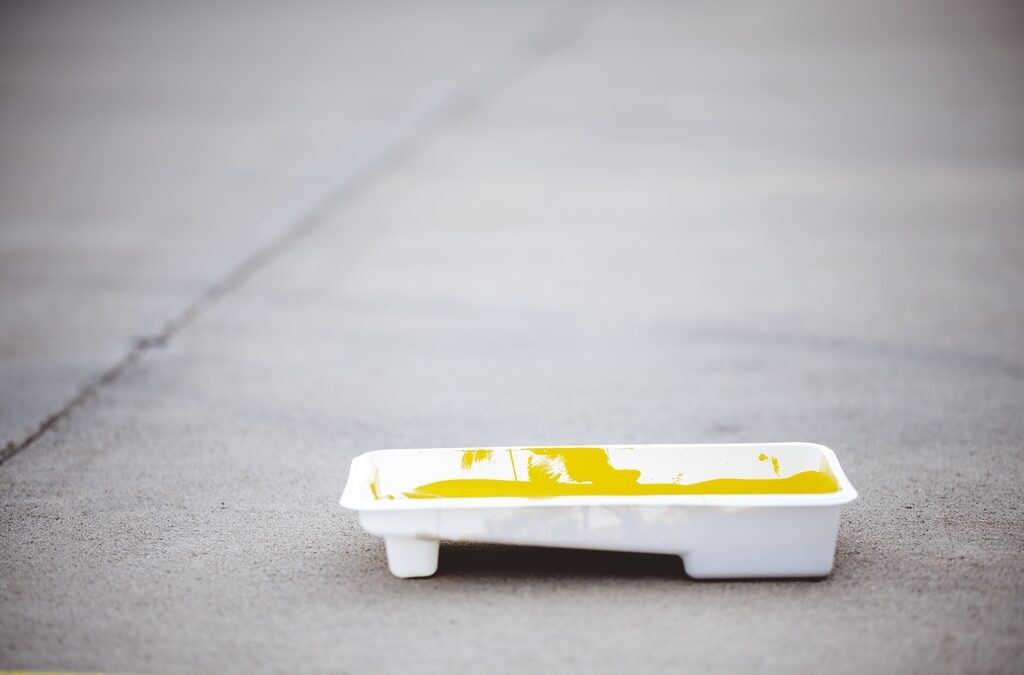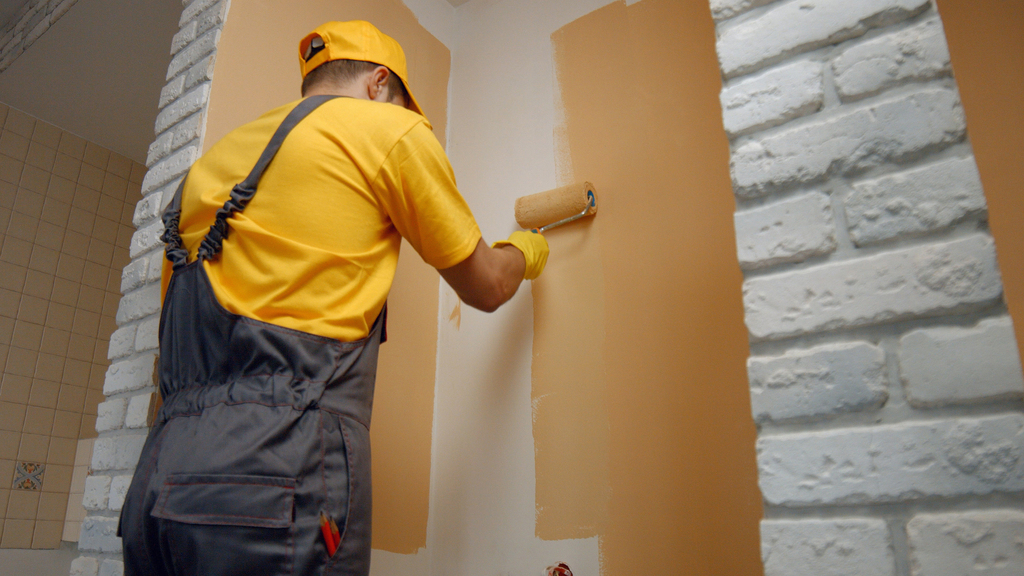Spray painting in a garage is a common practice for DIY enthusiasts and professionals alike. It offers a controlled environment, away from the elements, where you can achieve a smooth, even coat on your projects. However, while it’s possible to spray paint in a garage, there are several important considerations to ensure safety and achieve the best results.
Safety First
Ventilation: Adequate ventilation is the most critical aspect of spray painting in a garage. Spray paint contains volatile organic compounds (VOCs) and other harmful chemicals that can pose health risks when inhaled. It’s essential to work in a well-ventilated area. If your garage has windows, open them, and use fans to direct the airflow outwards. Consider wearing a mask or respirator designed to filter out paint fumes.
Fire Hazards: Spray paint is highly flammable. Ensure that there are no open flames, sparks, or sources of ignition in or near the garage. This includes pilot lights, heaters, and electrical tools that can generate sparks.
Protective Gear: Beyond a mask or respirator, wearing gloves, goggles, and protective clothing can prevent skin and eye irritation from paint exposure.

Preparing the Space
Clear the Area: Remove or cover anything you don’t want to get paint on. Use drop cloths or old sheets to protect the floor and any fixtures or appliances. The fine mist from spray painting can travel farther than you might expect.
Temperature and Humidity: Paint adheres best in certain conditions. Most spray paints require a temperature between 50°F and 90°F with low humidity. Check the recommendations on your paint can for the best results.
Lighting: Good lighting is essential for even application. Set up additional lights if the garage is poorly lit to ensure you can see all areas of your project.
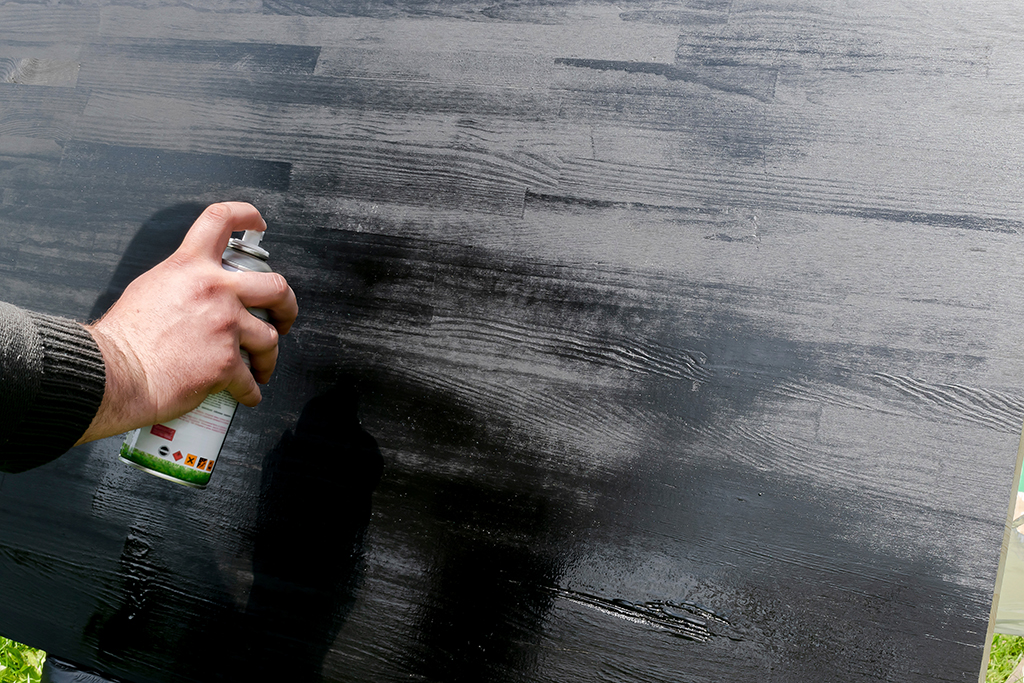
The Process
Test Spray: Before you start on your project, do a test spray on a piece of cardboard or scrap material. This helps you get a feel for the paint’s flow and spray pattern.
Multiple Thin Coats: It’s better to apply several thin coats than one thick coat. Thin coats dry faster and are less likely to drip or run. Allow adequate drying time between coats, as recommended on the paint can.
Cleanup: After you’re done, clean your workspace thoroughly. Properly dispose of any used cans or materials according to local regulations. Keep the area ventilated until the fumes have fully dissipated.
Conclusion
Yes, you can spray paint in a garage, but it requires careful preparation and attention to safety to ensure a successful and safe painting experience. By providing adequate ventilation, using protective gear, and preparing your workspace and materials correctly, you can achieve professional-quality results with minimal risk. Always follow the safety precautions listed on your paint products and prioritize your health and safety above all. Better yet, turn to painting professionals like Lifetime Painters.

